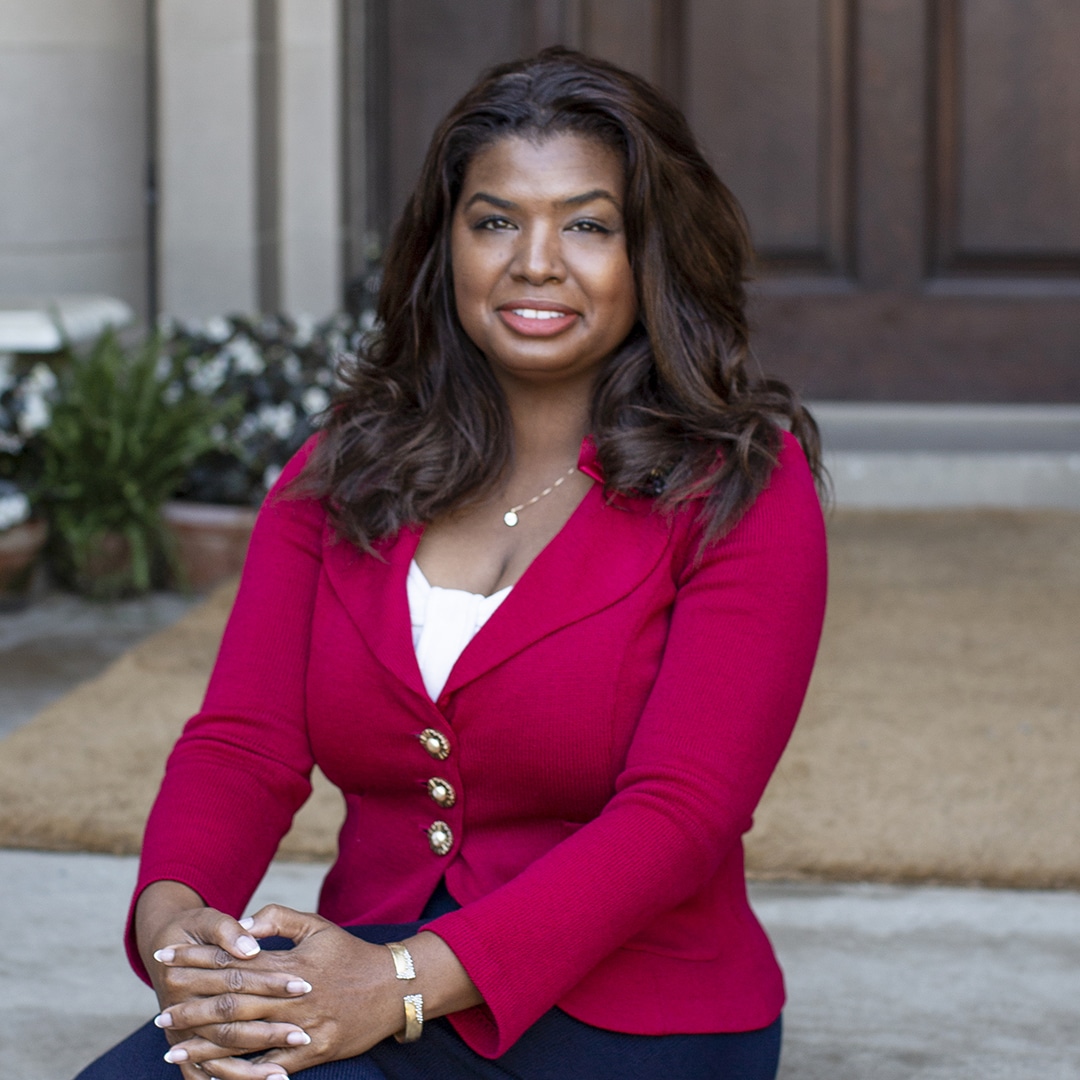Eric Lentell puts his team first. Over the past five years, Lentell has seen Fitbit become a true sensation within the tech industry, inspiring and enabling people all over the world to reach their health and fitness goals by tracking their physical activity, quality of sleep, heart rate, and much more.
But that kind of exponential growth does have certain downsides, and Lentell never wants his legal team to feel burnt out or disconnected from the company because of Fitbit’s expansion efforts. As a deputy general counsel at Fitbit, Lentell helps his people spend their days focused on the things they enjoy doing so that they, in turn, can help Fitbit execute its mission to help its customers live more active, healthy lives.

Connecting Law, Technology, and Entrepreneurism
Lentell has spent years working in prominent in-house roles, including a position as corporate counsel at Dish Network. But his path was rather unusual, says the VP.
“I went right from law school to an in-house role,” Lentell shares. And while that kind of trajectory has become somewhat more normal within the past few years, “thirteen years ago, it was pretty rare,” the lawyer says with a chuckle. According to Lentell, the key to that path was the University of Colorado School of Law’s Silicon Flatirons Telecommunications Program.
“I got a lot of hands-on experience with small start-up companies,” Lentell says of his participation in that program. “I wanted to understand what kind of legal support they needed so they could shape and move their business along. It was amazing to see the real impact of that work, to see how you can help those businesses formulate how they’re going to put their company together and where they’re going to take it.”
The Fitbit Vision
At Fitbit, Lentell continues to be amazed by both the impact of his work and the impact of the company as a whole. “We’re probably the only player in this space whose primary focus, every day, is on the health and wellness of customers,” he says. “When we develop products, we keep that ethos close to our heart—we think about how we can positively impact as many people as possible in the world as we’re working on our products and services.”
Of course, everyone’s journey to health and wellness is different, Lentell notes. Fitbit’s platform gives people choices, he explains, providing the hardware, software, and a safe space that allows customers to do what they want with their health and fitness data. It’s about giving people a “nudge along the way,” Lentell explains, rather than mandating that people take a certain path to fitness and wellbeing.
This strategy has been very effective for the company: in recent years, Fitbit has increased its workforce from 300 employees to more than 1,500 in order to keep up with market demand.
“For a while, we had about fifty new hires starting each week,” Lentell remarks. “And it’s been a real challenge—how do you make sure they all see and believe in the long-term vision? How do you make sure that the things you value, and the things that are important to the company, are being translated to the new people joining the company?”
“We’re probably the only player in this space whose primary focus, every day, is on the health and wellness of customers.”
Technology Helps the Team
But even once you answer those questions, Lentell says, you still have to find creative ways of managing increasing workloads. “When I started, we had about fifty contracts in total under review,” he says. “Now we do about five to seven thousand contracts a year.”
Lentell has enacted new, automated processes to help mitigate the stress that the additional workload creates for his team. Those processes not only automate many commonplace legal operations but also filter through the seven thousand contracts to identify the 30 percent that actually require in-depth focus, time, and attention, he explains.
“We only want to spend our time negotiating and working on the things that are going to really add value to the company,” the VP emphasizes.
But Lentell doesn’t rely exclusively on technology to make sure that he and his team members are adding value. He also spends time familiarizing himself with his team’s day-to-day projects and tasks. When he understands what his team members are spending their time on, Lentell explains, he can identify areas where they’re frustrated, where they’re not adding value through their work, or where they simply don’t like the work.
“I try to automate that frustrating work and help people spend their time working on things they want to work on, learning the things they want to learn,” Lentell says. “That’s when you get the most out of a team: when you hire smart people, come up with a vision collaboratively, and help them with what they need along the way to execution.”


